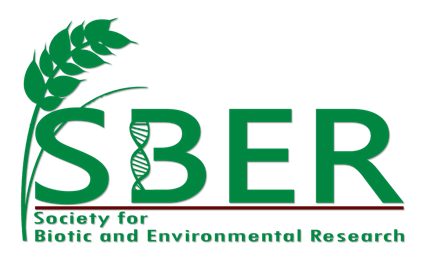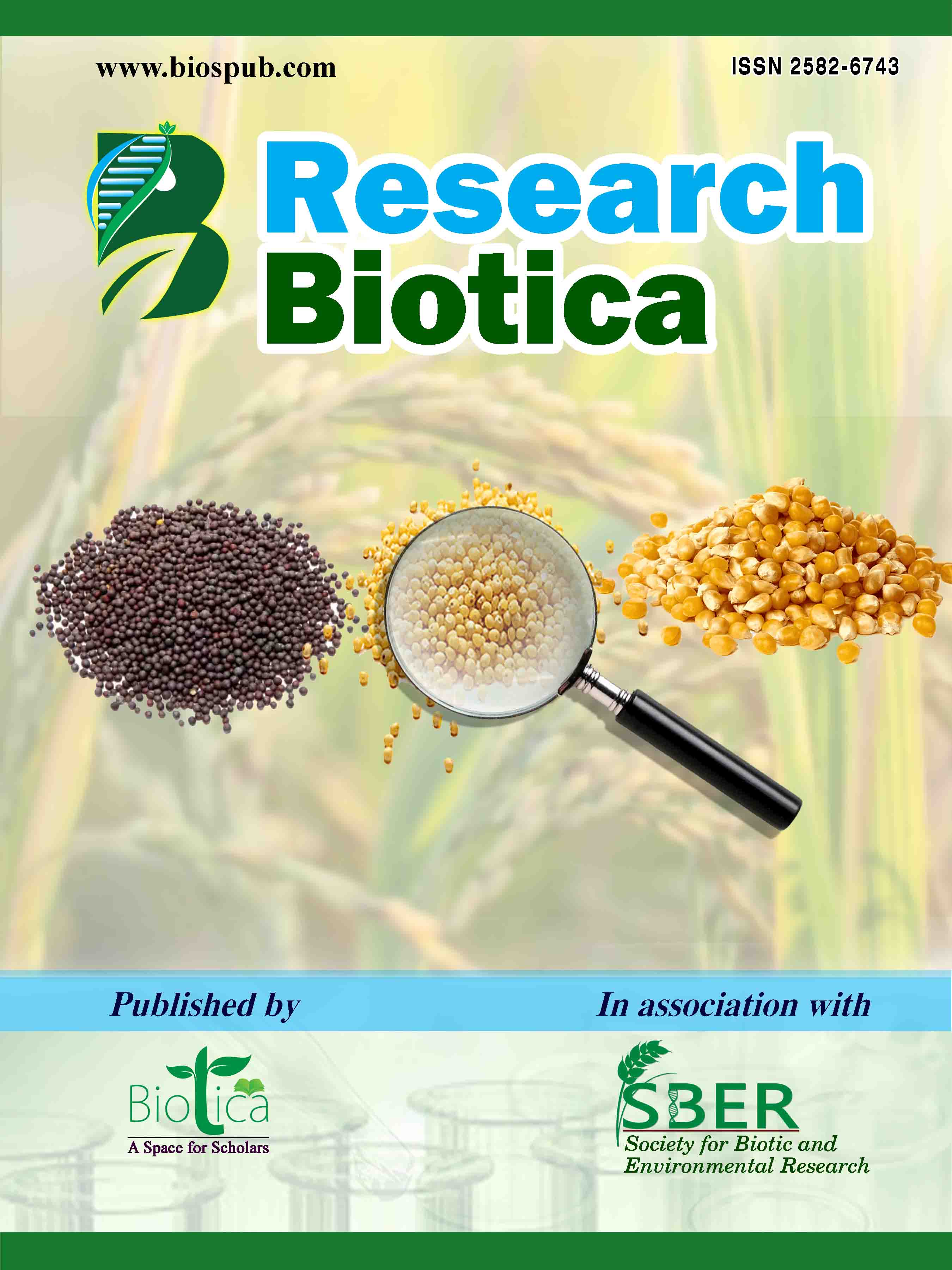Organic Farming - Sustainable Agriculture Development
Keywords:
Agriculture, Organic Farming, Sustainable Development, Environment FriendlyAbstract
Organic farming has mushroomed drastically in importance and influence worldwide from its modest beginnings in the first half of the last century. Organic farming is production of food and livestock without the use of herbicides, pesticides, weedicides, fertilizers or genetically modified organism and use natural resources such as manure and compost. Organic farming through sustainable agriculture meets not only the food requirements of present generation in an environment friendly way but also the requirements of future generations and maintains our environment. Organic farming provides macronutrients and micronutrients to the plants and also improves physical, chemical and biological characteristics of the soil. Organic farming should be safer for the sustainable agriculture at a time when advanced technologies are still costly and have to be proved safe for long-term development. Organic farming in terms of usage, which increase the nutrient of the soil, usage of genetically modified seeds for better crop production.









 |
|